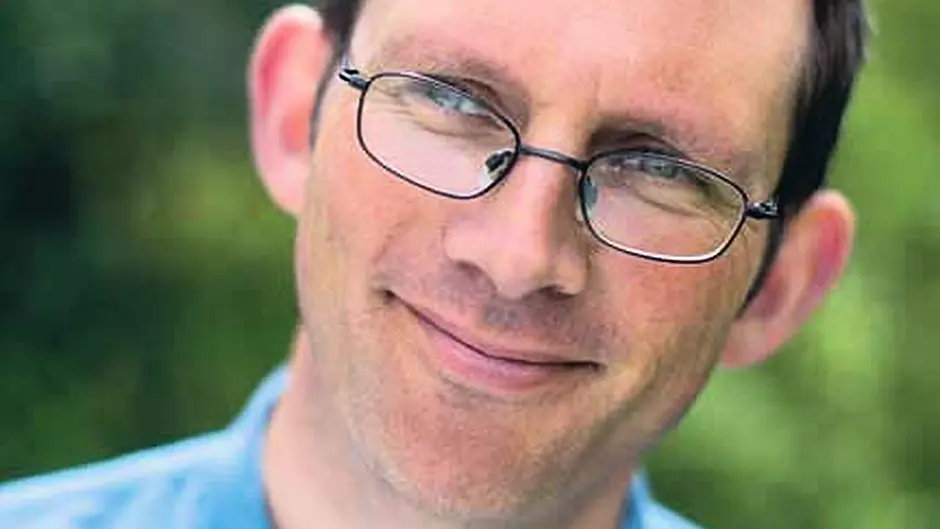A possible solution to Ireland's energy problems had its origins in West Cork ten years ago, writes Robert Hume
IN a recent encyclical, Pope Francis called for ‘profound changes in lifestyles’ to deal with catastrophic problems being caused by carbon emissions and climate change.
Many believe that local communities should help plan energy projects.
For the last ten years, one group, born here in West Cork, has been in the driving seat when it comes to managing energy. Since 2005, Kinsale has been the world’s first ‘transition town’, that is a town making a step-by-step transition from an economy dependent on oil, to a more sustainable low-carbon future.
Rob Hopkins, who taught on the world’s first two-year full-time permaculture course at Kinsale FE College, set the ball rolling in 2005 with the publication of Kinsale 2021 An Energy Descent Action Plan.
It showed how, with the support of local government, a small town could make the transition from a high fuel consumption community to a more frugal one.
The college gave the project the ‘freedom to be really innovative’, says Rob, and students were keen to get involved.
‘It took a risk, and it really paid off,’ he says. Kinsale would be the first town off the blocks, leading the way for the rest of the world.
This was a time when, like the rest of Ireland, Kinsale was importing 90% of its food – including apples and butter.
As people started to question whatever had happened to locally produced food from gardens, allotments and orchards, Transition Town Kinsale (TTK) aimed to place the emphasis back on what could be grown by the community.
Now, ten years on, much has been achieved by volunteers who lead busy everyday lives. By carrying out audits of households and businesses, an energy group has made people realise how much fuel they can save. A food group has created edible gardens and allotments, and arranges seed swaps and workshops on how to grow one’s own food.
Several restaurants and hotels have taken part in the ‘50-Mile Meal Award’ that encourages chefs to prepare dishes with ingredients produced within a 50-mile radius of Kinsale.
The cycleways aroud Kinsale have helped reduce carbon emissions, and an education group goes into local schools and teaches children how to grow fruit and nuts.
The Community Orchard, with fruit and nut trees, and a picnic space, is currently being expanded, says Klaus Harvey, one of TTK’s co-ordinators. An Edible Walk through the town will incorporate herbs and vegetables planted in public beds.
Nature walks illustrate the importance of different plants within a healthy ecosystem; and a talk last November helped raise awareness of the impact of climate change in southwest Ireland.
Many of Ireland’s species of bee are declining due to loss of habitat and lack of wild flowers. A Best Bee-Hotel competition, organised in March, encouraged the building of habitats that bees like.
The main challenge, says Klaus, is getting people more actively involved. ‘Currently, many of our core driving team are busy, and it’s hard to find people to step into their shoes.’
In 2006 Rob Hopkins moved to the UK, and established a second transition town at Totnes in Devon.
Since then, what originated in a corner of Ireland, has become a global movement, a Transition Network. ‘Kinsale sent out a seed that has taken root around the world,’ claims Rob.
Today, there are over 1,000 transition initiatives in more than 50 countries – each with its own Energy Descent Action Plan. At a time when politicians often seem to be dragging their feet, the focus is on inspiring and strengthening local communities to deal with problems of climate change and to find alternative energy sources.
Kinsale proves that exhilarating new enterprises can transform towns into places of possibility.
Instead of starting each day by thinking ‘what’s in the freezer?’, Kinsale shows that a few more of us might perhaps ask ourselves ‘what’s growing in the garden – or down the allotment?’. People have been doing so in Kinsale for a decade.
<









